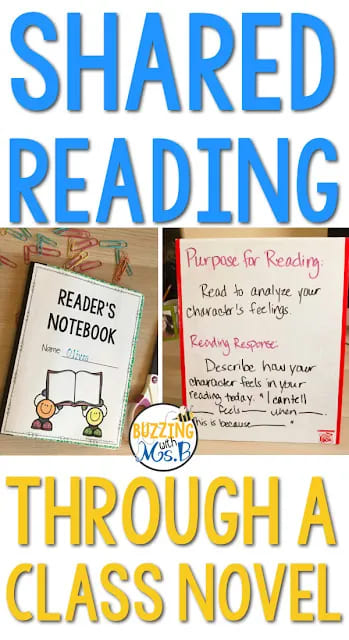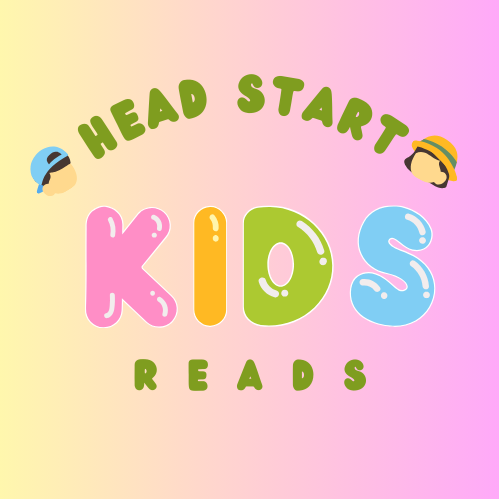Table of Contents
ToggleStrategies to Make Reading Lessons Enjoyable for Children
Introduction:
Instilling a love for reading in children is a priceless gift that opens doors to imagination, knowledge, and lifelong learning. However, getting children to enjoy reading lessons can sometimes be a challenging task. The key lies in creating engaging and enjoyable experiences that capture their interest and spark their enthusiasm for books. In this guide, we explore effective strategies to make reading lessons enjoyable for children, drawing inspiration from innovative programs like Reading Head Start, led by Sarah Shepard, which prioritize interactive and engaging learning experiences.
I. Understanding the Importance of Enjoyable Reading Lessons
- Fostering a Lifelong Love for Reading: Enjoyable reading lessons lay the foundation for a lifelong love for reading in children. When children associate reading with pleasure and enjoyment, they are more likely to seek out books independently and continue reading throughout their lives.
- Building Essential Literacy Skills: Enjoyable reading experiences promote the development of essential literacy skills, including vocabulary, comprehension, and fluency. When children are engaged and motivated during reading lessons, they are more likely to actively participate and absorb new information.
- Promoting Positive Associations with Reading: Enjoyable reading lessons help create positive associations with reading, shaping children’s attitudes and perceptions towards books and literacy. By making reading a fun and enjoyable activity, educators and parents can cultivate a positive reading identity in children.

Read Also
How do you plan a shared reading? | Reading Head Start
II. Strategies to Make Reading Lessons Enjoyable
- Selecting Engaging and Age-Appropriate Books: Choose books that are engaging, age-appropriate, and aligned with children’s interests and reading levels. Look for books with vibrant illustrations, captivating storylines, and relatable characters that will capture children’s imagination and hold their attention.
- Creating a Comfortable and Inviting Reading Environment: Create a cozy and inviting reading environment that encourages relaxation and focus. Set up a comfortable reading nook with soft cushions, blankets, and plenty of natural light. Make sure the space is free from distractions and conducive to concentration.
- Incorporating Interactive and Multisensory Activities: Infuse reading lessons with interactive and multisensory activities that engage children’s senses and stimulate their curiosity. Incorporate hands-on projects, role-playing, storytelling, and dramatic reenactments to bring stories to life and make reading lessons memorable and enjoyable.
- Encouraging Choice and Autonomy: Empower children by giving them choice and autonomy in their reading selections. Allow them to choose books based on their interests, hobbies, and preferences, and encourage exploration and experimentation with different genres and formats.
- Fostering Positive Reading Habits: Model positive reading habits and attitudes by demonstrating your own love for reading. Read aloud to children regularly, share stories from your own childhood, and engage in family reading rituals such as bedtime stories or weekly trips to the library.
III. Creating Engaging Reading Activities
- Interactive Read-Aloud Sessions: Conduct interactive read-aloud sessions where children actively participate in the reading process. Encourage them to ask questions, make predictions, and share their thoughts and reactions to the story.
- Reader’s Theater Performances: Organize reader’s theater performances where children take on different roles and act out scenes from a book. This interactive and theatrical approach to reading helps children develop fluency, expression, and confidence in their reading abilities.
- Literature Circles and Book Clubs: Establish literature circles or book clubs where children can read and discuss books together in small groups. Encourage lively discussions, debates, and reflections on the themes, characters, and plotlines of the books.
- Author Visits and Book Talks: Invite authors or guest speakers to visit the classroom or participate in virtual book talks with children. Hearing directly from authors about their writing process and inspiration can ignite children’s interest in reading and storytelling.
IV. Incorporating Enjoyable Reading Lessons into Reading Head Start
- Interactive Learning Experiences: Reading Head Start, founded by Sarah Shepard, incorporates interactive learning experiences that make reading enjoyable and engaging for children. The program utilizes a variety of interactive activities, games, and multimedia resources to capture children’s interest and foster a love for reading.
- Parental Involvement and Support: Reading Head Start emphasizes the importance of parental involvement in supporting children’s literacydevelopment. The program provides resources, guidance, and support to parents, empowering them to create enjoyable reading experiences at home and reinforce positive reading habits.
- Building Confidence and Enthusiasm: Through enjoyable reading lessons, Reading Head Start helps children build confidence in their reading abilities and cultivate a genuine enthusiasm for books. By making reading a fun and rewarding experience, the program instills a lifelong love for reading in children.

Read Also
Reading Head Start Review | Comprehensive Review 2024
V. Conclusion: Nurturing a Lifelong Love for Reading
In conclusion, making reading lessons enjoyable for children is essential for nurturing a lifelong love for reading and fostering literacy development. By selecting engaging books, creating inviting reading environments, incorporating interactive activities, and fostering positive reading habits, educators and parents can create enriching reading experiences that captivate children’s interest and spark their enthusiasm for books. As we celebrate the transformative power of enjoyable reading lessons, we also recognize the pioneering efforts of programs like Reading Head Start, led by Sarah Shepard, in championing interactive and engaging learning experiences that inspire children to embark on a lifelong journey of exploration, discovery, and imagination through the pages of a book.

